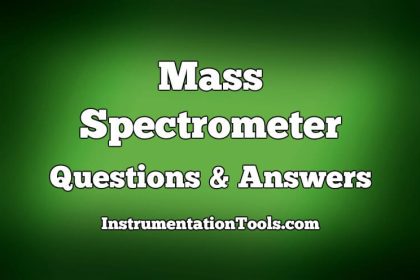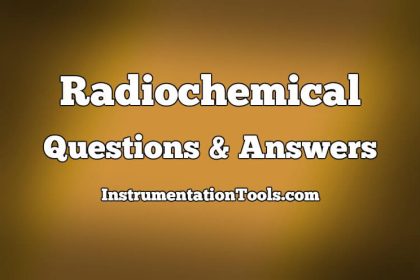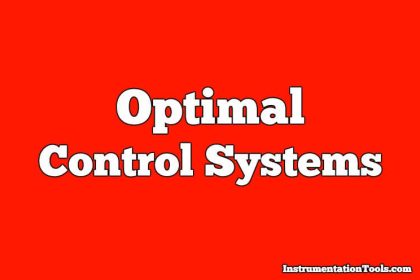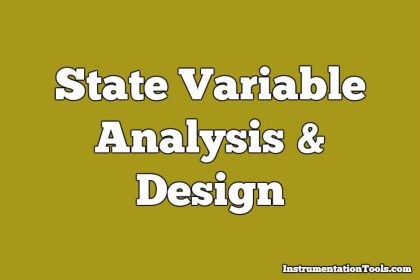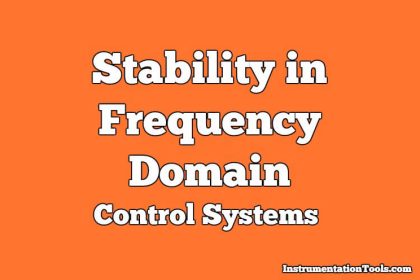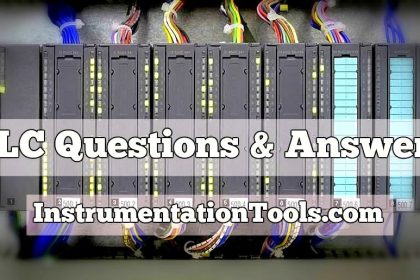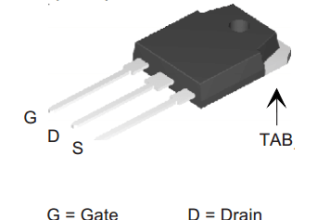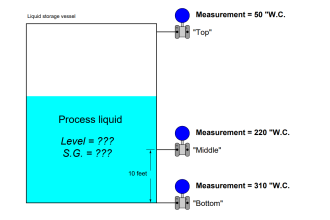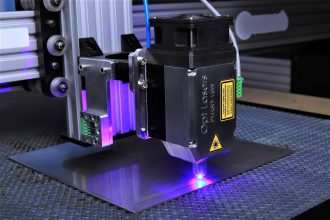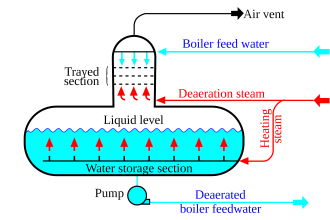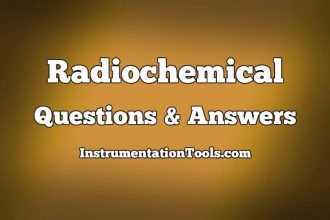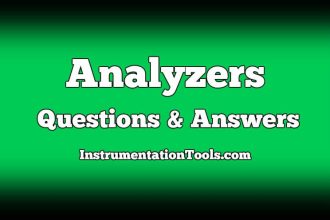State Variable Analysis – Part I MCQ
1. Which among the following is a unique model of a system?
a) Transfer function
b) State variable
c) Block diagram
d) Signal flow graphs
Answer: a
Explanation: Transfer Function is defined as the ratio of the Laplace output to the Laplace input with the zero initial conditions and is a unique model of the system.
2. Which among the following is a disadvantage of modern control theory?
a) Implementation of optimal design
b) Transfer function can also be defined for different initial conditions
c) Analysis of all systems take place
d) Necessity of computational work
Answer: d
Explanation: Modern control theory is also not best suited in every respect it has also some disadvantages and the major disadvantage is that it requires computational work.
3. According to the property of state transition method, e0 is equal to _____
a) I
b) A
c) e-At
d) -eAt
Answer: c
Explanation: By definition state transition matrix is defined as e-At and this is the matrix that comes into the picture when the total response is considered that is with the free response and forced response.
4. Which mechanism in control engineering implies an ability to measure the state by taking measurements at output?
a) Controllability
b) Observability
c) Differentiability
d) Adaptability
Answer: b
Explanation: Observability and controllability are the two methods to check the output response characteristics and observability in control engineering implies an ability to measure the state by taking measurements at output.
5. State model representation is possible using _________
a) Physical variables
b) Phase variables
c) Canonical state variables
d) All of the mentioned
Answer: d
Explanation: State model representation is the representation of the control system is the form of the state variables and state vectors and is possible using physical variables, phase variables and canonical state variables.
6. Which among the following constitute the state model of a system in addition to state equations?
a) Input equations
b) Output equations
c) State trajectory
d) State vector
Answer: b
Explanation: Output Equations constitute the state model of a system in addition to state equations and for the complete state model mainly input model, output model and state models are required.
7. Which among the following plays a crucial role in determining the state of dynamic system?
a) State variables
b) State vector
c) State space
d) State scalar
Answer: a
Explanation: State Variables are the integral part of the state variable analysis and plays a crucial role in determining the state of dynamic system.
8. Which among the following are the interconnected units of state diagram representation?
a) Scalars
b) Adders
c) Integrator
d) All of the mentioned
Answer: d
Explanation: Scalars, adders and integrator are the interconnected units of state diagram representation and this representation helps in determination of the state of the control system.
9. State space analysis is applicable even if the initial conditions are _____
a) Zero
b) Non-zero
c) Equal
d) Not equal
Answer: b
Explanation: State space analysis is the analysis different from the transfer function approach as it has state variables and state vectors used for the analysis and can be used even if initial conditions are non-zero.
10. Conventional control theory is applicable to ______ systems
a) SISO
b) MIMO
c) Time varying
d) Non-linear
Answer: a
Explanation: The major advantage of state space analysis is that it can be applied to MIMO systems also while the conventional control theory that is transfer function approach is applicable to the SISO systems only.
